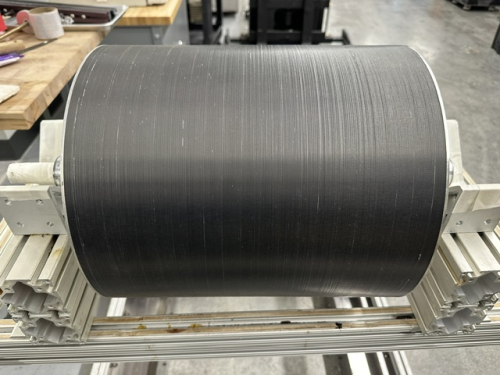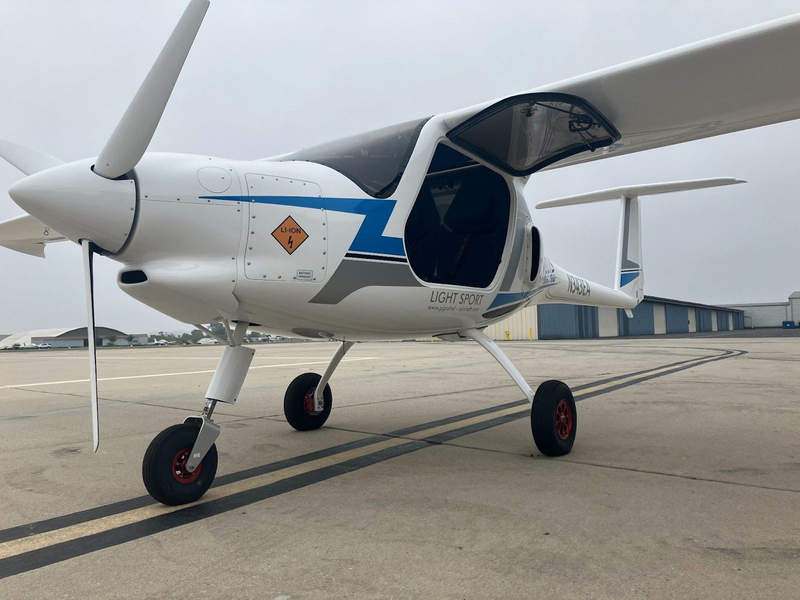A dozen teams nationwide are getting millions in Department of Energy funding to develop batteries for electric regional aircraft, trains and ships.
Why it matters: If any such moonshot is successful and scaleable, it could help curb the massive amounts of carbon emitted from heavy-duty transportation.
Transportation accounts for nearly 30% of U.S. greenhouse gas emissions. About 13% of that share is from aircraft, shipping and rail.
Details: The funds come by way of a DOE Advanced Research Projects Agency-Energy (ARPA-E) program that aims to electrify domestic flights carrying up to 100 people as far as 1,000 miles, all North American railroads, and all vessels operating in U.S. territorial waters.
A total of $15 million is being awarded to teams aiming to build “1K” technologies — batteries with an energy density of at least 1,000 Watt-hour per kilogram (Wh/kg).
Current electric vehicle battery cells have about one-quarter of that energy density.
What they’re doing: The teams are taking a range of approaches, including new battery chemistries, optimizing electrode materials, rethinking the packaging of hydrogen that powers fuel cells and developing hybrid fuel-cell battery systems.
Between the lines: Such next-generation energy storage systems have to be safe, able to charge quickly, operate continuously, and have a long lifetime.
Different vehicles have different requirements. Battery weight is especially important for aircraft; the ability to withstand vibrations from jolting rail cars that often bump into one another is a must for electrifying railroads; reduced cost is a key consideration for shipping and rail.
The teams selected: And Battery Aero (Palo Alto, CA), Aurora Flight Sciences (Manassas, VA), Georgia Tech Research Corporation (Atlanta, GA), Giner (Newton, MA), Illinois Institute of Technology (IIT; Chicago, IL), Johns Hopkins University (Baltimore, MD), Precision Combustion (North Haven, CT), Propel Aero (Ann Arbor, MI), University of Maryland (College Park, MD), Washington State University (Pullman, WA), Washington University in St. Louis (St. Louis, MO), and Wright Electric (Malta, MY).
What’s next: The teams will spend 18 months developing their technologies in the first of what’s expected to be a two-phase program.
At the same time, smaller electric aircraft are showing promise but still face financial and regulatory hurdles.













